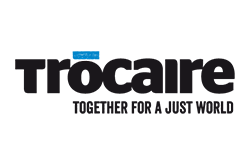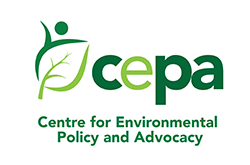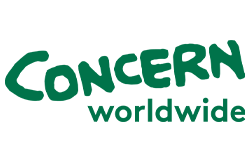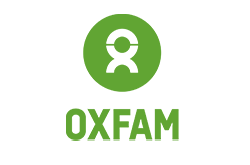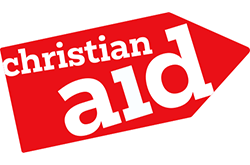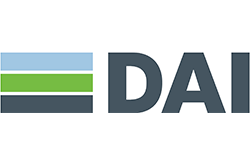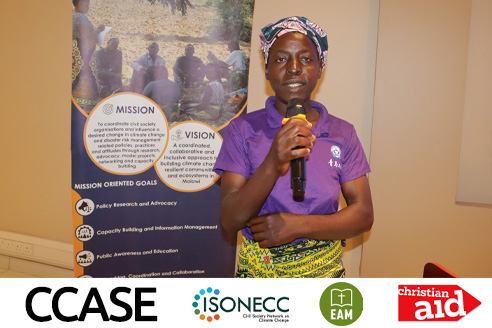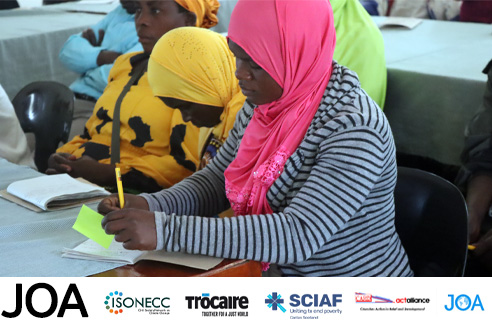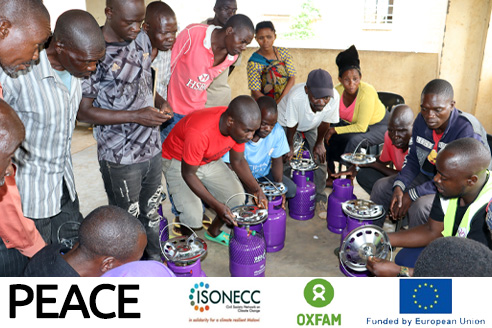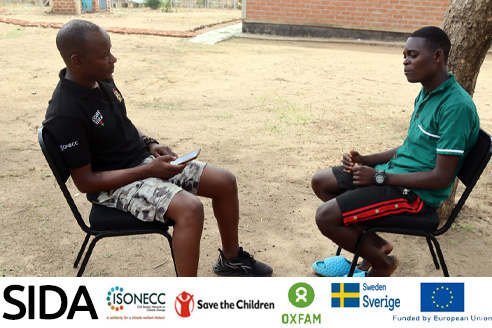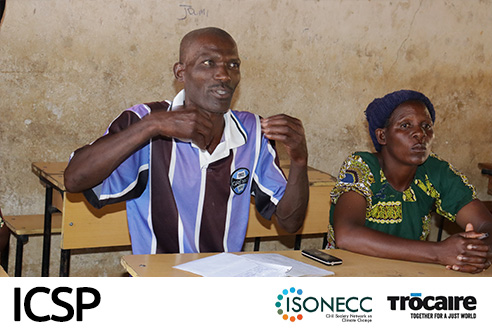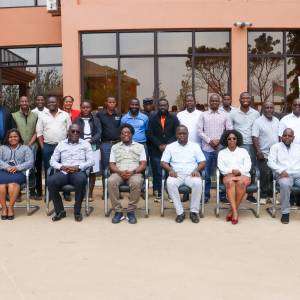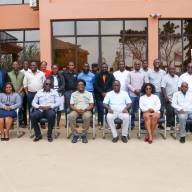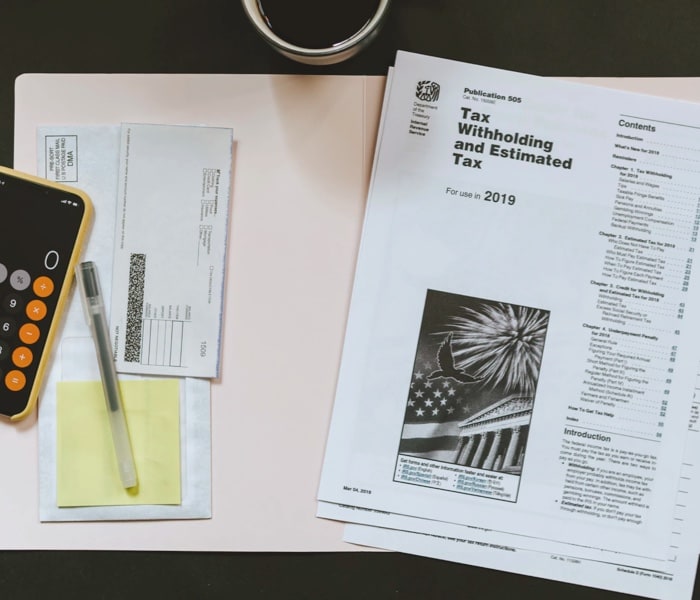OVERVIEW
WHO WE ARE
CISONECC is network organization for coordinating civil society initiatives for climate change management and disaster risk reduction. Established in 2008 and registered with the government of Malawi under the Trustees Incorporation Act, NGORA and CONGOMA as a Non Governmental Organization.
0
Successfully completed Projects
0
Highly specialised Team
0
Effort & Team Dedication
0
Excellence Awards Achieved
CISONECC PROJECTS
CISONECC is made up of diverse range of Local and International Non-Governmental Organisations and Faith Based Organisations, as well as Networks and Associations working in climate change and disaster risk management (DRM) in Malawi. These are autonomous organisations with aspirations related to climate change and DRM and have unified responsibility to contribute to the network’s objectives through collaborative efforts.
LATEST UPDATES
We bring the right people together to challenge established thinking and Drive Transformation.
OUR PARTNERS
